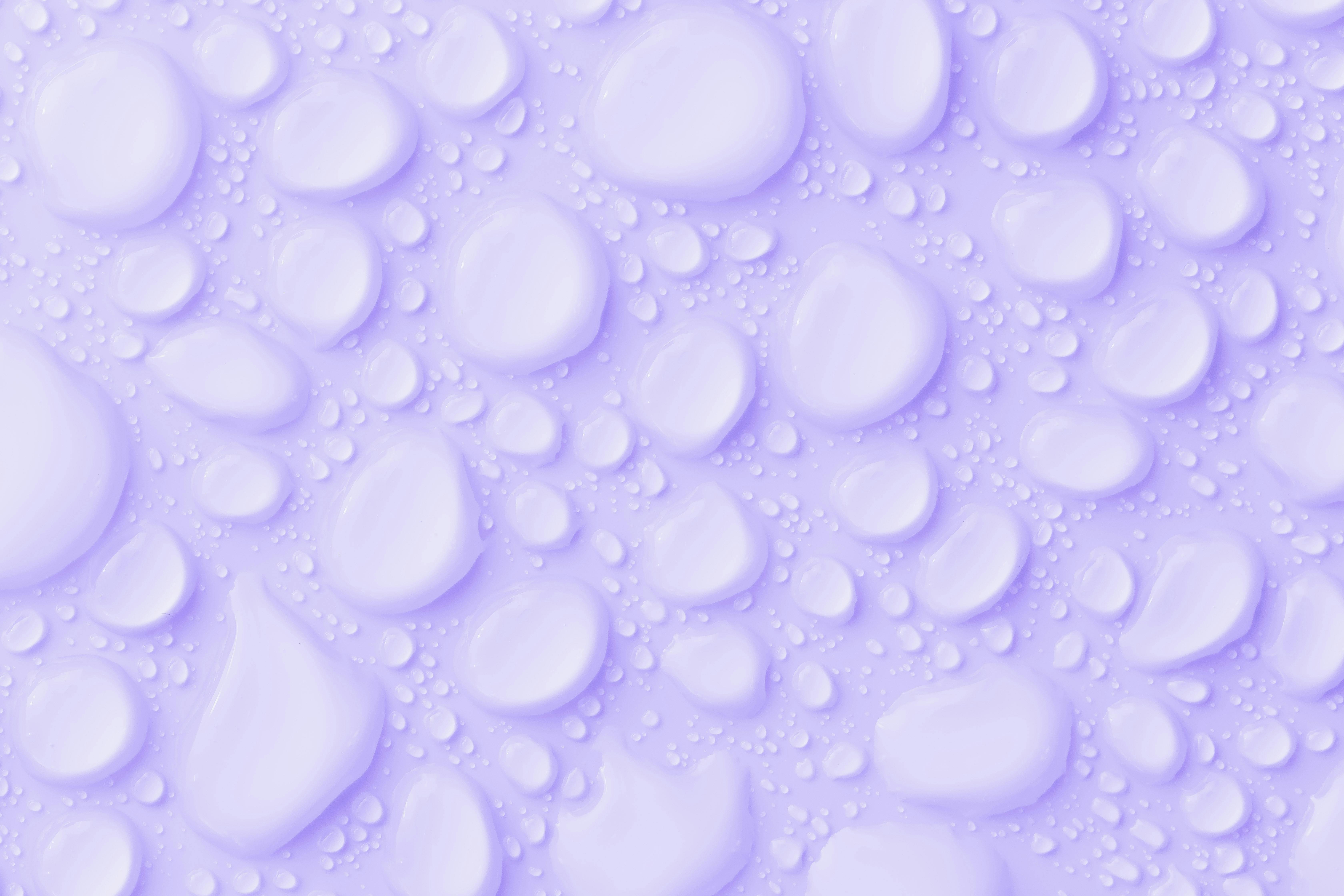The difference between distilled water and ionized water is an important one to understand, as each type of water has its own unique properties and benefits. Distilled water is created by boiling water and collecting the steam from the boiling process, which is then condensed and collected in a separate container. This process removes all minerals, contaminants, and other impurities from the water. Ionized water, on the other hand, is created through electrolysis which uses an electrical current to break down the molecules of the source water into two streams – alkaline and acidic. The alkaline stream is ionized with positively charged particles while the acidic stream is ionized with negatively charged particles. These ions can provide many health benefits when consumed.Distilled water is water that has been boiled and then cooled so that all of the dissolved solids, such as minerals, are removed. The process of distilling leaves only pure H2O molecules in the water. Ionized water is water that has been treated with an electrolysis process to increase its pH level and remove impurities. This type of water may also contain higher levels of oxygen and other minerals, such as calcium and magnesium, depending on the type of ionization process used. Therefore, the main difference between distilled and ionized water is that distilled water is free from all impurities while ionized water may contain additional minerals for health benefits.
What is Distilled Water?
Distilled water is water that has been purified through a process of distillation. In this process, water is boiled and the steam is collected and condensed back into liquid form. This process removes impurities such as salts, minerals, bacteria, and other contaminants from the water. The result is a clean, pure form of water that is free of foreign particles. Distilled water has numerous uses in both industrial and household applications. It is used for medical purposes, such as dialysis and kidney treatments, as well as for cleaning equipment and surfaces. It can also be used in humidifiers to help keep the air moist in dry climates. Additionally, it can be used for drinking purposes since it does not contain any minerals or other contaminants that could cause health problems.
Distillation is a very effective method of purifying water since it removes virtually all impurities from the liquid. However, it does not remove certain volatile organic compounds (VOCs) from the water such as pesticides or herbicides. For this reason, some people choose to use carbon filtration or reverse osmosis in addition to distillation to ensure that these substances
What is Ionized Water?
Ionized water is water that has been exposed to an electric current, which separates the molecules into ions. These ions are then used to create an alkaline solution. This alkaline solution has a variety of benefits, including improved hydration, increased energy levels, and better nutrient absorption. Ionized water also helps to neutralize toxins in the body and restore balance. In addition, it can help to reduce acidity in the body, which can help with numerous health issues. While ionized water has many potential benefits, it is important to be aware of any potential risks that may be associated with its use.
Ionized water has a higher pH level than regular tap or filtered water. The pH scale measures how acidic or alkaline a substance is on a scale of 0-14, with 0 being the most acidic and 14 being the most alkaline. Ionized water typically has a pH level between 8 and 9, making it slightly more alkaline than regular tap or filtered water. Alkalinity helps to reduce acidity in the body and may improve overall health.
Properties of Distilled Water
Distilled water is created through the process of distillation, which involves boiling water and then condensing its vapor. It is an incredibly pure form of water, as all impurities have been removed. As such, it can be used for many applications that require a higher level of purity than regular tap water. Here are some of the key properties of distilled water:
It is free from any dissolved minerals or salts, as all impurities have been removed through distillation. This makes it ideal for use in medical and scientific laboratories, where it is important to have a pure form of water.
Distilled water lacks any taste or odor and has a neutral pH level. This makes it suitable for drinking, as it does not contain any harmful substances that could otherwise impact your health.
It has a low electrical conductivity because there are no ions present to conduct electricity. This makes it ideal for use in situations where electrical conductivity needs to be minimized, such as in industrial processes or electronic equipment.
Due to its purity, distilled
Properties of Ionized Water
Ionized water is water that has been altered by an electrical process. This process creates charged particles, called ions, which can be either positively or negatively charged. The properties of ionized water make it very different from regular tap water. Ionized water is an excellent source of hydration and has many health benefits. It is also known to have strong antioxidant properties, which help to protect against free radical damage and help the body fight disease and aging. Ionized water can also help to reduce the risk of certain types of cancer, as well as other chronic diseases. In addition, ionized water has a higher pH level than regular tap water, making it more alkaline and beneficial for the body’s pH balance. The increased alkalinity helps to neutralize acids in the body and can help with digestion, as well as reducing inflammation in the joints. Furthermore, ionized water contains more minerals than regular tap water and can be used to replenish electrolytes in the body after exercising or during sports activities.
The process of ionizing water involves passing an electric current through it. This creates charged particles that are either positive or negative in

Advantages of Distilled Water
Distilled water is considered to be one of the purest forms of water available. It is free from minerals, chemical compounds, and other pollutants. This makes it ideal for a wide variety of uses including drinking, cooking, and other household purposes. Distilled water also has several advantages that make it a great choice for many people.
One of the main advantages of distilled water is that it does not contain any minerals or impurities that can cause problems when consumed or used in certain applications. Minerals such as calcium and magnesium can cause buildup over time in appliances and pipes, leading to clogging and other potential problems. By removing these minerals through distillation, you can prevent issues like this from occurring.
Another advantage of distilled water is that it can be used for medical purposes such as dialysis or kidney treatments. Since it does not contain any impurities or minerals, it is safe to use on patients who may be sensitive to certain elements in their water supply. Additionally, distilled water has been used for centuries to make medicinal tinctures and teas for various ailments
Advantages of Ionized Water
Ionized water has a number of advantages over regular tap water. It is more alkaline, which can help to neutralize the acidic toxins in the body. It contains higher levels of antioxidants, which can help to protect against free radical damage and reduce inflammation. In addition, it has smaller molecules, which makes it easier for the body to absorb and use. Ionized water also tastes better than regular tap water, making it a preferred option for many people.
Ionized water can also be beneficial for those who are looking to improve their health and well-being. The increased alkalinity can help to balance the body’s pH, and this can have a positive effect on digestion and overall health. The higher levels of antioxidants can help to boost the immune system and reduce oxidative stress on the body. Additionally, ionized water can help to flush out toxins from the body more efficiently than regular tap water.
Finally, ionized water is often said to have anti-aging properties as well. It may be able to reduce wrinkles and improve skin tone due to its high antioxidant content. The smaller
Advantages of Distilled Water
Distilled water is one of the purest forms of water available, as it is free from minerals, chemicals, and other impurities. It has a neutral pH level which makes it ideal for drinking. It also helps to remove contaminants from the body, since it does not contain any of the substances that can cause health problems. Because of its purity, distilled water is often used in medical and laboratory settings. Additionally, it can be used in household appliances such as coffee makers and steam irons to prevent mineral buildup.
Disadvantages of Distilled Water
The main disadvantage of distilled water is that it does not provide any minerals or vitamins that are essential for human health. It can also leach minerals from the body, leading to mineral deficiencies over time if consumed in large quantities. In addition, because it lacks minerals, distilled water has a flat taste which some people may find unappealing. Furthermore, distilled water can be more expensive than regular tap water due to the additional energy required to distill it.

Conclusion
Distilled water and ionized water are two types of purified water that offer different health benefits. Distilled water is pure and free from impurities, but lacks minerals. Ionized water has been treated with an electrical current, which gives it an alkaline pH level and adds beneficial minerals. While both have potential health benefits, they differ in terms of their taste, pH level, mineral content and preparation method. Ultimately, the type of purified water you choose depends on your individual needs and preferences.
Overall, if you are looking for a mineral-rich source of hydration with a higher pH level, then ionized water may be the better option. On the other hand, if you prefer a purer form of hydration with no additives or minerals, then distilled water is a suitable choice.

